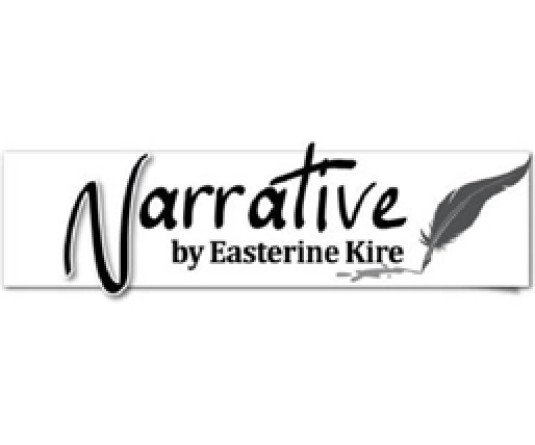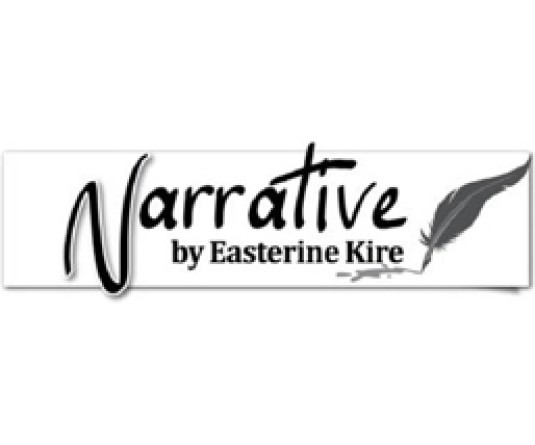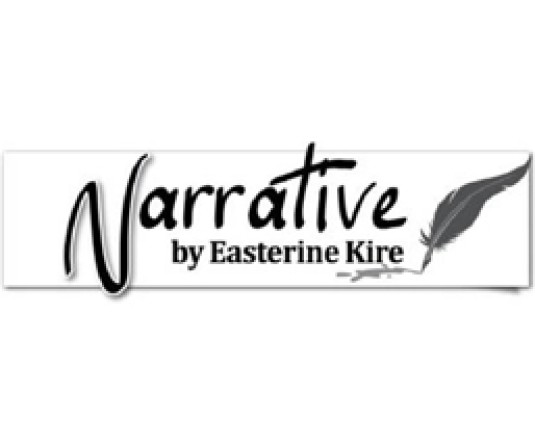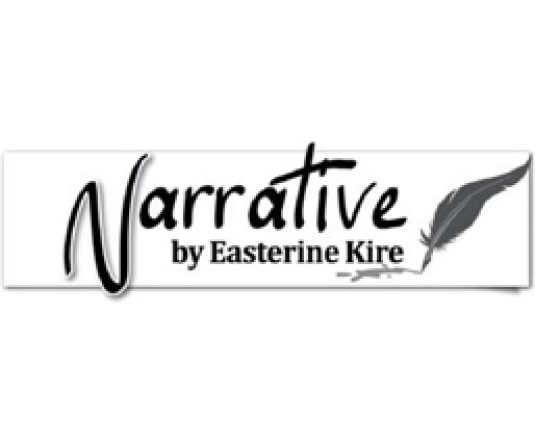
Very dismally, the news is spreading that Nagaland University has removed Naga Writing from its UG syllabus. In its place, worthy Indian classics such as Shakuntala, The Ramayana and possibly the Mahabharata will be taught to Undergraduate students under the university.
It is history repeating itself because erasure of indigenous literature has been an oft repeated movement in country after country where indigenous populations struggled to survive. Some decades ago in Australia, whole generations of mixed-race children were taken away from their parents and schooled in boarding schools. Those who escaped were hunted down and returned to the boarding premises, places very distant from the homes the children were plucked out of. If they escaped it would take days for them to reach home, that is, if they could find their way home. The stolen were cut off from their families, their lifestyles, their language and their stories. The government effectively wiped out the culture of the indigenous population in the stolen young. It took many years for this practice to be stopped by public demand. Read the book, ‘Rabbit-proof Fence’ or better still, watch the movie based on the true-life experience of three young escapees. I mention the stolen generations because they represent the extremes of erasure. It applied not only to stopping people from knowing their stories, it involved physical removal from the settings of their stories, and keeping them away for many years on end. Some children were never reunited with their families in adulthood. Erasure was completely effective in such cases.
In Europe, the nomadic reindeer herding populations of the Sami people experienced great waves of linguistic erasure by the government. They were prohibited from using their language in schools, and many changed their native names to more Norwegian names in order to be accepted by the mainstream society. Much of this happened in the south. Again, the linguistic pressure succeeded in distancing generations of young Sami from their language, culture and lifestyle. They definitely were separated from their oral storytelling culture.
There are numerous instances of erasure of indigenous literature in different countries across the globe. But we are directly affected when official bodies like the universities participate in erasure.
The biggest problem for Nagas is that our young will never get to learn our history since community bodies such as morungs and thehou are not to be found in the towns and urban settlements. There are no gatherings as of old that a young person might attend to learn the history of his village as well as the intricacies of his culture. At most, the child growing up in towns and attending school and college in town, could have some access to Naga culture by reading Naga writing for the sake of passing a semester paper. If that option is removed, how many would voluntarily seek out books on Naga culture and history and educate themselves?
I know we have a tendency to blame our oral culture for our lack of an active reading culture. It does not have to be true. However, it is true that the majority of the Naga readership admit that they began reading Naga books because books by Naga writers were part of their prescribed syllabus. In the event, they admit they learned much about their historical background, origins, cultures, religion and so on by the compulsory reading that they embarked on. Just as we were thinking that a very good thing has been initiated with students being introduced to Naga writing in their study courses which include all the recommended reading of additional Naga books, erasure has come. It is truly sad. Just as a reading culture was beginning to evolve among young and eager readers, it is as though an external force is set upon sabotaging this movement.
We look to schools and private colleges to resist erasure. Some schools have included Naga writing in their syllabus. We are so grateful for them. May their tribe increase! Please continue to do that. Please continue to help students see value in our writing even though there is a great effort on to devalue our writing and make it irrelevant. Remember many other indigenous societies have faced the same threats before and it has made them stronger, it has not erased them. May this end by making us more united than ever.






